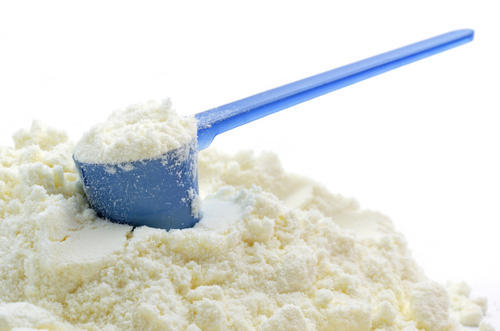Fonterra Brands Sri Lanka, Maliban Milk Products and Diamond Milk Products in a joint statement yesterday said they were deeply concerned about claims by the Government Medical Officers’ Association (GMOA) that imported milk powder from New Zealand was harmful for consumption and reiterated the need to separate fact from fiction to prevent causing unnecessary panic and fear among the Sri Lankan public.
The importers stressed that there was an unsubstantiated claim that was being spread that milk powder caused diseases including cancer, which bore no scientific basis or justification. They reiterated that there was no acceptable scientific evidence to date from any world health authority that cited milk powder as a cause of cancer. This includes the World Health Organization (WHO) and UNICEF, who the importers state have been incorrectly referenced in order to support these allegations.
The importers clarified that the GMOA allegations can be traced to a communique by the World Alliance for Breastfeeding Action (WABA, 2012) which is also freely available on the WABA website. This communique advises that exclusive breastfeeding provides enhanced protection against the risk of diseases, as opposed to substitutes.
The importers confirmed that none of their companies sell breastfeeding substitutes in Sri Lanka and pointed out that the WABA communique does not in any way discuss full cream milk powder, which is not a breastfeeding substitute.
The importers further stressed that allegations of various chemicals supposedly being used in the production of imported milk powder have been disproven by the recent Interim Report of the Consumer Affairs Authority (CAA). Citing test reports by Eurofins, an independent lab in Germany, the CAA Interim Report reveals there has been no evidence of any kind of adulteration in imported milk powder from New Zealand.
The importers noted that regardless of this fact, this report was being misinterpreted in order to support various claims.
Further allegations against imported milk powder included the claim that fat-filled milk powder is imported to Sri Lanka, made through a misleading reference to a New Zealand website as proof of the fact, the importers stated. In this regard, the importers emphasised that the statement had been made without seeking confirmation from the Health Ministry or Sri Lanka Customs, and had the authorities been consulted, they would have verified that the above companies did not import fat-filled milk powder to Sri Lanka.
The importers expressed extreme disappointment at this recent resurgence of baseless attacks against milk powder from New Zealand. The industry reiterated that it follows all Sri Lankan laws and regulations in importing, marketing and selling milk powder and had not received any official communication from any food authority with regard to an issue pertaining to milk powder, and that these allegations were being made without any evidence or proof, causing mass confusion amongst the public.
Continuous testing and surveillance by Sri Lankan authorities ensures that imported milk powder has always met the required regulatory standards. This includes strict import clearance and testing processes conducted by the food laboratories of the Health Ministry and the Sri Lanka Standards Institution before imported milk powder is accepted into the country.
(FT)

